Ingredients : Deionized water, liquid paraffin, fennel oil, stearic acid, triethanolamine, essential oil, sodium alginate, methylparaben, butylated hydroxytoluene.
Active Ingredients: . Phytochemistry. F. vulgare has been reported to contain 6.3% of moisture, 9.5% protein, 10% fat, 13.4% minerals, 18.5% fibre and 42.3% carbohydrates. The main compounds identified were trans-anethole (31.49%), 2-pentanone (25.01%), fenchone (11.68%) and benzaldehyde-4-methoxy (8.01%).
Indications: Prevention of stretch marks on the abdomen, thighs and buttocks, with deep softening andcell renewal properties, strong remover of newly formed stretch marks, prevention of the appearance of stretch marks, strengthening of skin elasticity.
Dosage and administration: From the third month of pregnancy to one month after delivery, it should be used twice a day on clean skin and in all areas where there is a possibility of skin cracking.
Side effects: So far, no specific side effects have been reported..
Recommended tips: It is recommended to test some cream on a part of the arm 24 hours before use and use it if there is no sensitivity. The amount of cream used during pregnancy should be less than afterdelivery
.Contraindications and precautions: does not have
Pharmacological effectsand mechanism of action MOA: Normal hormonal changes during pregnancy may cause benign skin conditions including stria gravidarum (SG stretch mark). hyperpigmentation (eg melasma); (Melasma is a common skin condition in which the body produces too much melanin, causing dark brown, pigmented patches—typically on the face, forehead, upper cheeks, and around the mouth. This discoloration is also known as hyperpigmentation.) and changes in hair, nails and blood vessels of pregnant women Strea gravidarum (stretching of the skin) occurs in approximately 50
to 90 percent of pregnant women due to detachment of the underlying connective tissue in the abdominal cavity as the uterus enlarges. Skin collagen is damaged and blood vessels
dilate, resulting in early reddish-purple stretch marks. And it can be said in simpler language that: the cause of skin stretch marks is skin stretching. Their severity is influenced by several
factors, including genetics and the amount of stress on the skin. High levels of the hormone cortisol—a hormone produced by the adrenal glands—weakens the skin's elastic fibers.
Pregnancy itch: It is a non-specific, itchy, papular benign skin rash that occurs during pregnancy. Pruritus of pregnancy has been described under several names, including pruritus of
pregnancy, early pruritus of pregnancy, papular dermatitis of pregnancy, and pruritic folliculitis of pregnancy. The letters PUPPP stand for pruritic urticarial papules and pregnancy
plaques. Simply put, a PUPPP rash is a patch of itchy, hive-like bumps that develop on your stretch marks and spread to other parts of your body during pregnancy. A PUPPP rash occurs
when the skin is stretched and damages the underlying tissue layer. This causes inflammation that appears as boils. The PUPPP rash sometimes starts in the second trimester, but usually develops in the last 3 months of pregnancy. It disappears after childbirth. The phytochemistry of Foeniculum vulgare with the English name Fennel contains 6.3% moisture, 9.5% protein, 10% fat, 13.4% minerals,
18.5% fiber and 42.3% carbohydrates. The main compounds identified were trans-enthole (31.49%), 2-pentanone (25.01%), fenchone (11.68%) and benzaldehyde-4-methoxy (8.01%). Fennel is rich in antioxidant nutrients such as vitamin C and plant flavonoids such as quercetin, which can help reduce inflammation. The essential oil of F. vulgare, especially anthole, shows antispasmodic, antiinflammatory, anti-estrogenic, and antimicrobial activities. Fennel oil has antioxidant, antimicrobial,antithrombotic, and hepatoprotective activities. Fennel oil contains strong anti-inflammatory compounds that can do wonders for the skin when applied topically. When it comes to skin care, fennel has a high position, it has anti-inflammatory, firming and skin regenerating properties. It improves edema and brightens tired
and stressed skin. Fennel is good for treating cellulitis (cellulitis is a common bacterial skin infection that causes redness, swelling, and pain in the infected area of the skin). . Also, some believe that the lack of zinc metal (Zn) in the body or the lack of vitamin A and vitamin B12 can be involvedin skin itching. So far, in the world of modern medicine, only zinc deficiency has been reported as the cause of itching in varicose veins and the itching caused by vitamin deficiency. It is not only related to pregnant women, some scientific sources consider the increase of the two main female hormones, estrogen and progesterone, to be the cause of itching. Fennel contains zinc (zn), vitamin A and various B vitamins
References:
: 1.Pmc/ Striae gravidarum: Risk factors, prevention, and management
2.PubMed/Cytotoxicity of the Essential Oil of Fennel (Foeniculum vulgare) from Tajikistan/2017
3.ScienceDirect Topics/ Striae Gravidarum - an overview
4.Sciencedirect /Skin changes and complaints in pregnancy

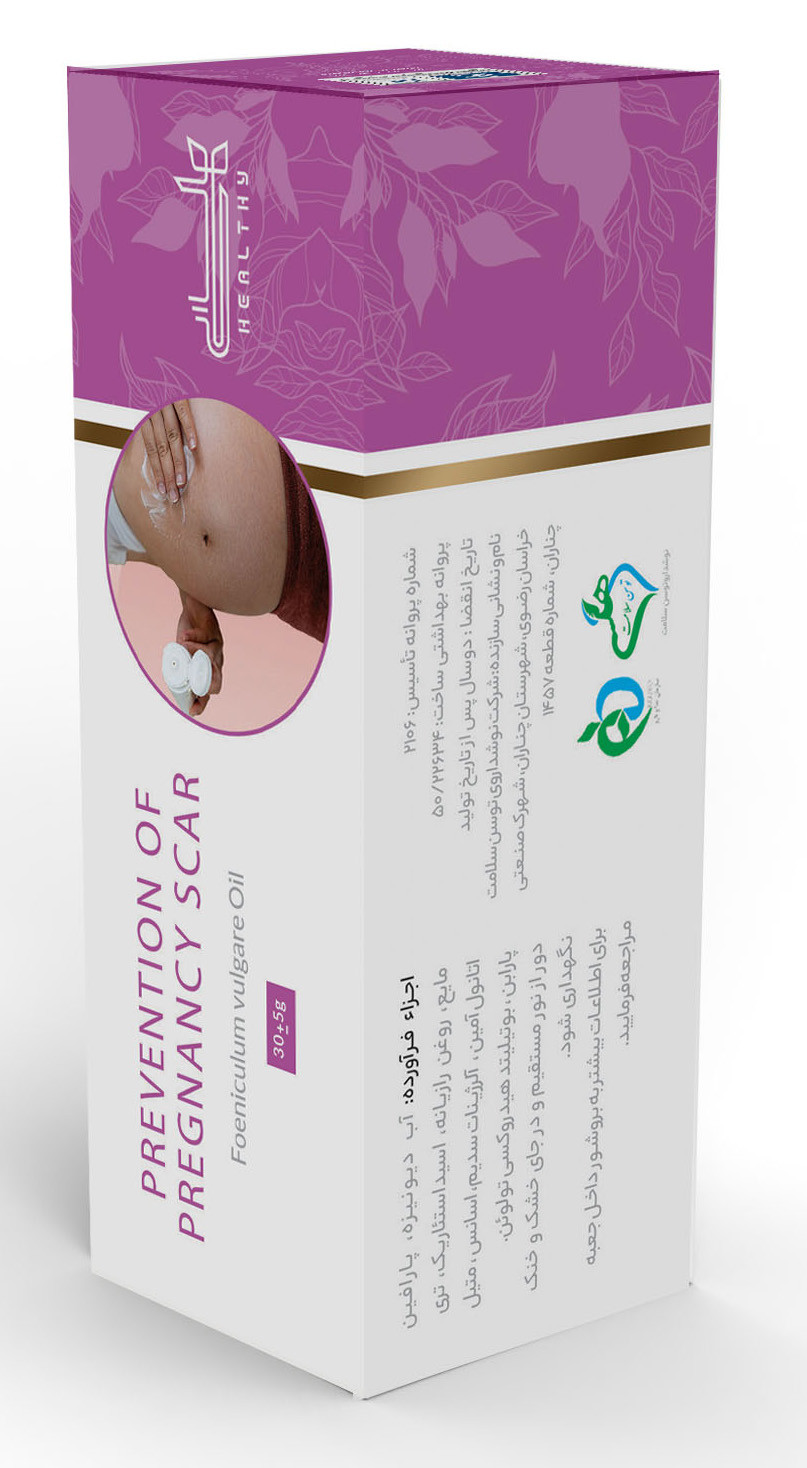
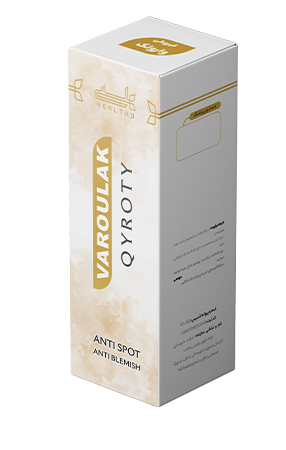
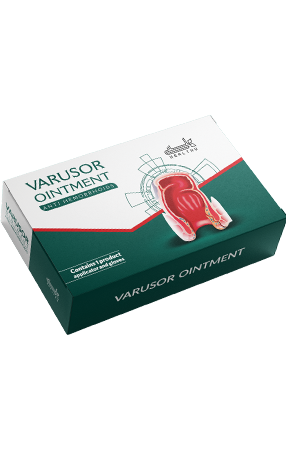
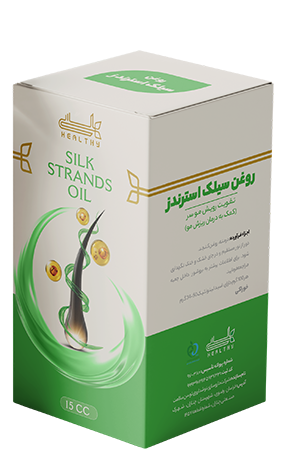
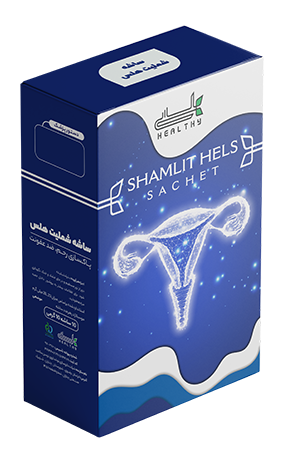
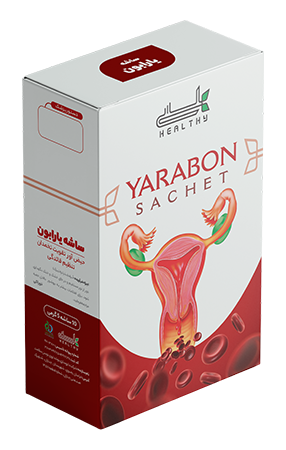

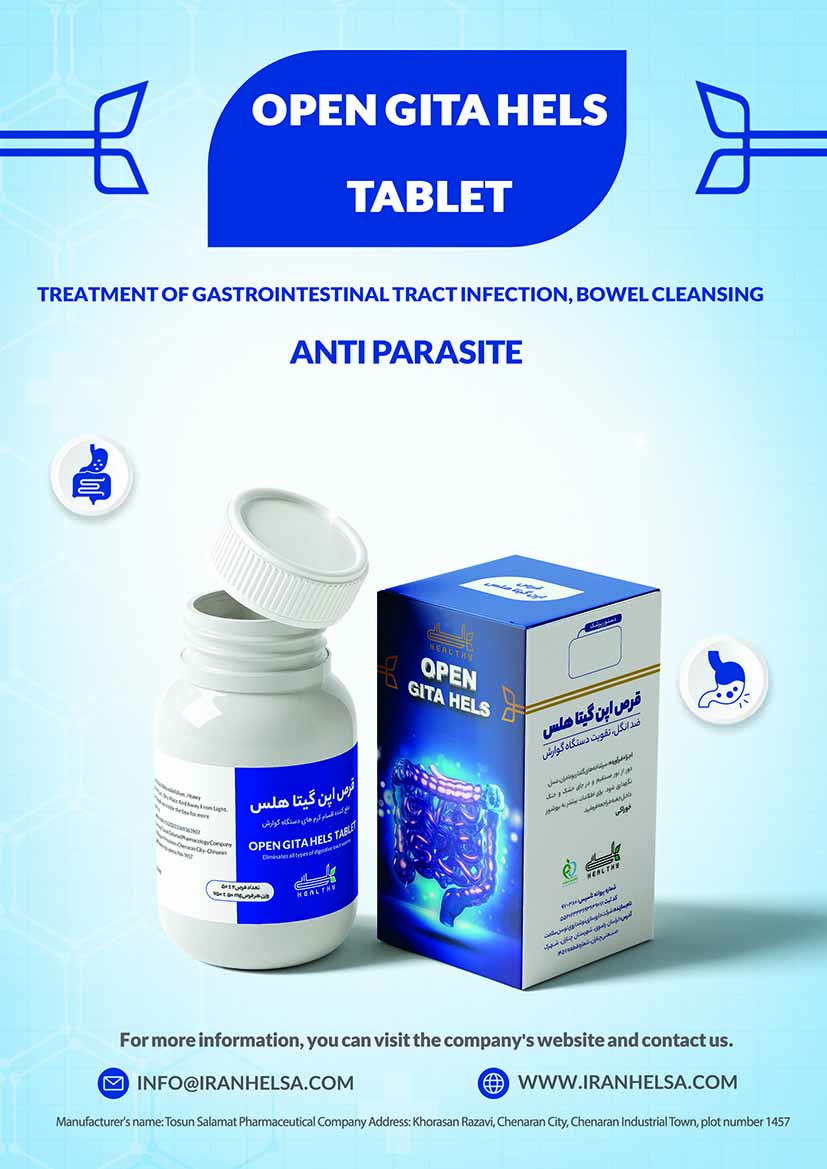
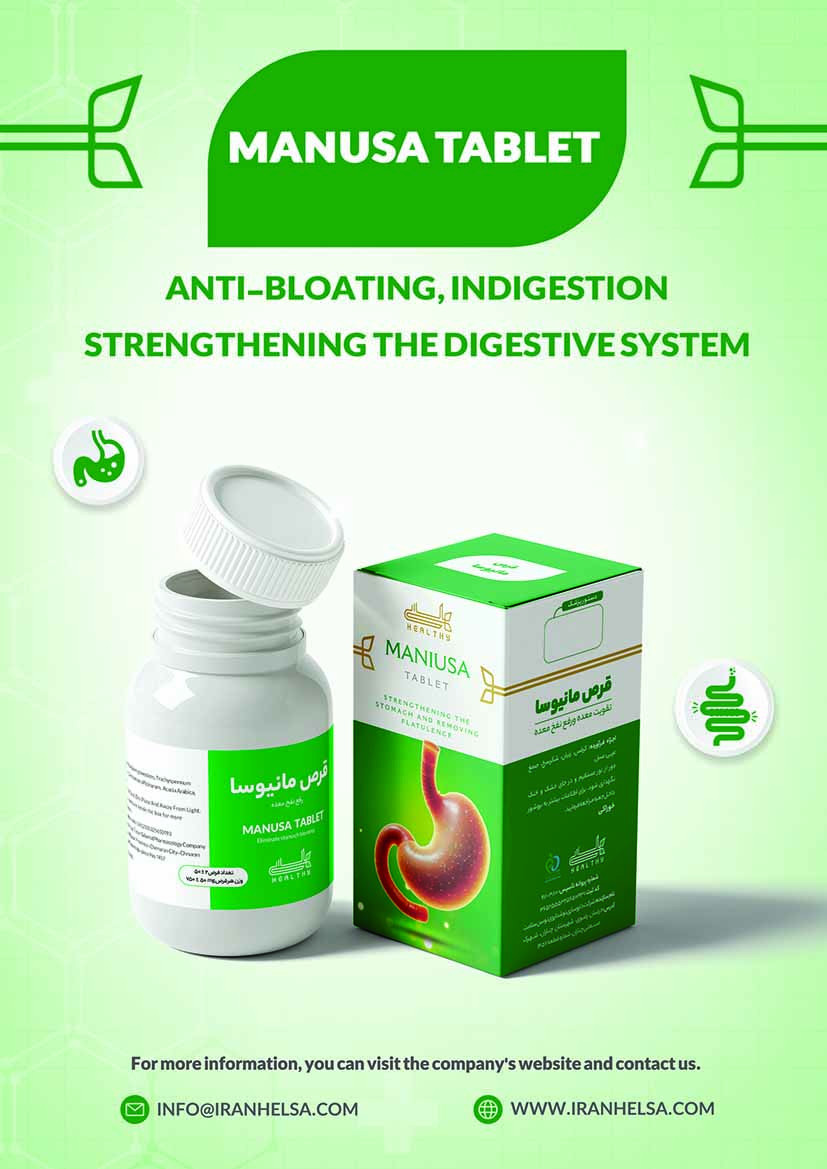
User comments